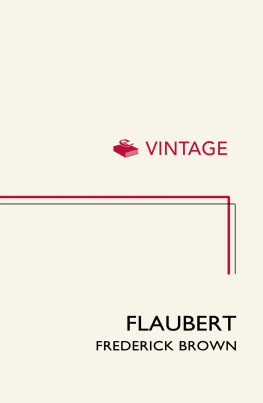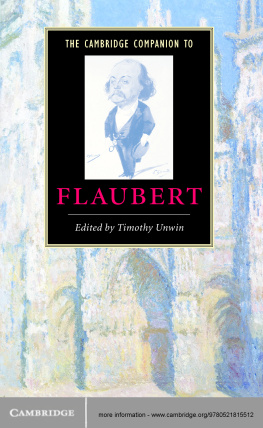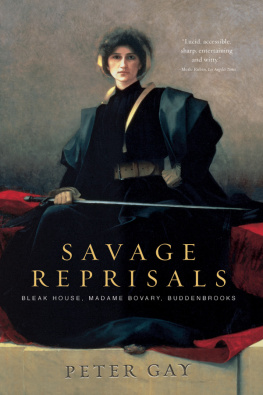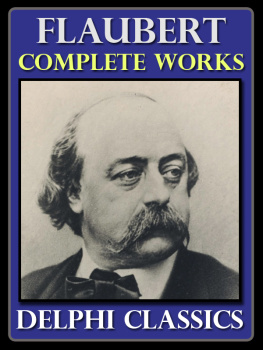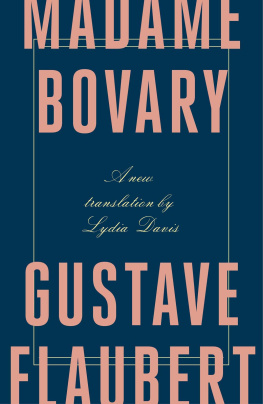Contents
About the Author
Frederick Brown is Emeritus Professor of French at the State University of New York, Stony Brook. He is the author of acclaimed biographies of Zola and Cocteau. Professor Brown lives in New York City.
ALSO BY FREDERICK BROWN
An Impersonation of Angels: A Biography of Jean Cocteau
Pre-Lachaise: Elysium as Real Estate
Theater and Revolution: The Culture of the French Stage
Zola: A Life
For Ruth
For Roger Shattuck
Acknowledgments
I wish to thank the Florence Gould Foundation for a generous grant, and to recognize the generosity of another foundation, which wishes to remain anonymous.
For their indulgence and unstinting efforts on my behalf, I am deeply grateful to Donna Sammis and David Weiner at the Melville Library of the State University of New York, Stony Brook; and as well to their former colleague, Kathleen Horan. Marie Sweatt and Joan Vogelle of the Department of European Languages and Literatures at Stony Brook provided invaluable assistance. I am also indebted to staff at the Bibliothque Municipale de Rouen (with special thanks to Franoise Legendre, its director, and to Thierry Ascencio-Parvy, its resident photographer); at Butler Library, Columbia University; and at the New York Public Library; the library of the French Institute in Paris; the Bibliothque Nationale; the Archives dpartementales de la Seine-Maritime; the French National Archives; the Bibliothque de lArsenal; and the Metropolitan Museum of Art.
I cannot adequately express my gratitude to Odile de Guidis, who, until her retirement several years ago, served as administrator of the Flaubert Program of the Institut des textes et manuscrits modernes (ITEM). Madame de Guidis was a ministering angel to hundreds of scholars, myself included. No one walked into her office without benefiting from her guidance and enthusiasm.
At various stages along the way I received help from Rodney Allen, Daniel Anger, Paul Bnichou, Pierre-Marc de Biasi, the late Jean Bruneau, Alexandre Tissot Demidoff, Matthieu Desportes, Paul Dolan, Rachel Donadio, Daniel Fauvel, Almuth Grsillon, Jacqueline Hecht, Pierre Juresco, Elisabeth Kashey, Alan Miegel, Halina and Anatol Morell, the late Pierre Morell, Serge Ptillot, Nicholas Rzhevsky, Lon Sokoloff, Frances Taliaferro, Jacqueline Thbault, Paulette Trout, and Serge Wassersztrum. My heartfelt thanks to them all. I am pleased to acknowledge an especially large debt of gratitude to Yvan Leclerc, professor at the University of Rouen and Jean Bruneaus successor as editor of Flauberts correspondence in the Pliade Library. He extended a helping hand at our first encounter and has made my work easier with many extraordinary kindnesses.
This book owes much to Mario Johnston, who shared not only her insights into Flauberts character but facts about his life incidentally dredged up from the Bibliothque Nationale during research for a biography of Guy de Maupassant. Odile de Guidis introduced us at ITEM one day ten years ago, and I have often had occasion to remember that chance meeting with gratitude.
In the matter of Flauberts epilepsy I have been enlightened by the distinguished neurologist Dr. John M. C. Brust of Columbia Presbyterian Hospital, and by Farley Anne Brown. Their patience and generosity are greatly appreciated.
Constant friendship has helped me carry on during the years of writing. For that I am grateful to Christian Beels, Carol Blum, Michael Droller, Benita Eisler, Andrea Fedi, Joseph Frank, B. Bernie Herron, Phyllis Johnson, Roger Shattuck, and Brenda Wineapple.
I am indebted to Lon Wieseltier, literary editor of the New Republic, for his strong and effective support.
Adaptations of two chapters appeared in the New England Review and the Hudson Review. My thanks go once again to Stephen Donadio and Paula Deitz.
I have a primary professional debt to my agent, Georges Borchardt, whose wisdom and humor have served me well. At Little, Brown, Patricia Strachan has been a marvelous editor, and Helen Atsma, who shepherded the manuscript to production, an impeccable assistant. DeAnna Satre did an admirable job of copyediting the manuscript.
There isnt a page of this book that hasnt profited from the fine ear and keen mind of Ruth Lurie Kozodoy, dearest of friends and best of readers.
I
The Surgeon at the Htel-Dieu
ACHILLE-CLOPHAS FLAUBERT hailed from a corner of Champagne bordering on the Ile-de-France where Flauberts, or Floberts, as civil records often identify them, inhabited at least sixty villages. The epicenter of this swarm was Bagneux, a riverine hamlet situated between Troyes and Nogent-sur-Seine, one hundred kilometers southeast of Paris. Had he concerned himself with genealogy, Achille-Clophas could have traced his line back to seventeenth-century syndics who represented the community before royal deputies. But he undoubtedly knew little of any past more remote than his paternal grandfather, Constant-Jean-Baptiste, a marchal-expert by trade that is, a farrier, or combination blacksmith-veterinarian and the father of three sons destined also to earn their livelihoods treating sick animals.
In his sons, Constant had not fathered pious apprentices, as he would surely have done several decades earlier. All three belonged to a generation that profited from the influence of the Enlightenment on rural mores. After 1750, animal husbandry was increasingly coupled with farming in a political economics that held land to be the fount of national wealth; government ministers who invoked this creed, men known as physiocrats, envisioned science as agricultures handmaiden. Science became urgently relevant during the second half of the century, when cattle plague, or rinderpest, swept across France like mad cow disease. By 1766 two veterinary programs had been established, one at Alfort, near Paris, for training a professional cadre whose expertise would benefit domestic animals. The aim was to supplant the guild of marchaux-experts, which considered the horse alone truly worth a farriers ministrations and schooled apprentices in that feudal bias, but also to rescue beasts of the field from folk doctors so-called empirics applying remedies of every grotesque description. The new curriculum was based upon the same precepts that had begun to transform the study of human medicine. At the recently chartered Collge de chirurgie (formerly the Collge de Saint-Cme) in Paris where an amphitheater, from which barber wig makers were banned, often overflowed with students who found the operations performed by surgeons of note more captivating than the lectures on Galen recited at the Medical Faculty observation was the watchword. So too was it at Alfort. To learn about sick bodies, one looked inside them, and at the veterinary school, anatomy lessons counted for a great deal. To be sure, Galens or any other systematic theory of disease would have ill served country boys whose peasant clientele, if they succeeded in acquiring one, regarded with great suspicion all medicine except familiar local nostrums. Indeed, Alforts first director kept instruction basic, lest excessively sophisticated alumni flee the hinterland from which they had already been uprooted and yield to the temptation of practicing human medicine, or surgery, in Paris. Even so, a ladder had been planted in rural France for boys impelled, like Stendhals Julien Sorel, by dreams of elevation. Science, however modest his provision of it, set the state-educated veterinarians son the artiste-vtrinaire apart from his farrier father, rather as Juliens small Latin distinguished him from his illiterate siblings. And that intellectual distance, despite efforts to thwart its consequences, fostered social mobility.
Next page
